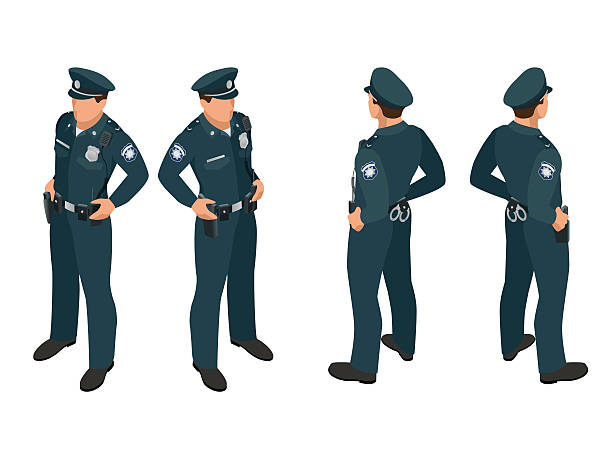In many occasions, you can use the term security guard and security officers interchangeably. This means that there is not much difference between the roles of a security guard and a security officer. Sometimes, however, security officers are in charge of a particular post and they cannot patrol over a certain area.
Whereas, a security officer’s role generally encompasses a much wider range of responsibilities apart from simply patrolling and checking for suspicious activities. Hence, you will not be wrong to think of security officers as seniors to security guards.
Due to superior authority, security guards may also have more independence in terms of judgment and freedom over certain private premises. In many cases, a security officer is in charge of managing security guards in the vicinity.
In other words, a security officer can be the head of the command and an individual that security guards report to. However, this is not a certain position, and in some places, the title of the security officer and security guard has nothing specific to their position, training, or authority.
Many times, security guards do not prefer using the term officer, because it can be confusing. The confusion mainly arises because people don’t understand which designation has more power.
Differing Responsibilities
The differing responsibilities between security guards and security officers are most evident at licensing agencies. Many states will often refer to individuals that go through the licensing procedure as employees, instead of guards or officers.
However, licensing agencies will either “register” you as a security guard, or “license” you as a security officer. For registering as a security guard, an individual does not need special requirements, experience or qualifications. To attain a security officer license, however, one must have more qualifications than simply a high school education.
Professionals that have to lead security agencies are usually licensed. Thus, for a license of a security officer, one must have a set of qualifications, experience and may have to pass a more strict examination.
However, these differing responsibilities are interchangeable between different job positions and may only come into fruition when you work for an agency that requires a set of professionals that play a managerial role and handle multiple responsibilities.
Practical Differences
You can say that a security officer, in general, has more training than a security guard. This makes them more capable to respond to different emergencies. A security officer that has more experience in a certain field will have the expertise to respond to a certain situation.
For example, an EMT, or an emergency medical technician can be incredibly useful in medical emergencies. Therefore, it is important to understand that a security guard may lack the necessary training that can help in a specific emergency.
A guard will typically staff a front desk, a security gate that leads into the facility or monitor a camera for a large warehouse or a facility. On the other hand, a security officer can proactively head out, patrol the area, and look for any threats.
However, in some settings, these roles are interchangeable between security guards and security officers. In other circumstances, a security guard will have the same tools as a security officer or a law enforcement officer, but this is not always the case.
Generally, a security guard is unarmed while a security officer is in possession of weapons, indicating a major difference between the two posts.
Regional Differences
Some jurisdictions tend to attach a special meaning behind the two titles. Some states will have a vague classification of the two positions, while others will entail specific responsibilities to security guards and security officers.
For example, in the state of Missouri, watchmen will have powers and authorities different from a security guard. Moreover, a security officer in Missouri is a higher classification in rank to a security guard and is often the person in charge of leading the security forces and organizing a security strategy. On the other hand, in California, there is a lesser distinction between the position of security guards and security officers.
To Conclude
The distinction between the two roles can be either very clear or not at all. It depends on the private agency, along with on-duty requirements and jurisdictions of a particular state to determine the difference between a security guard and security officer.


